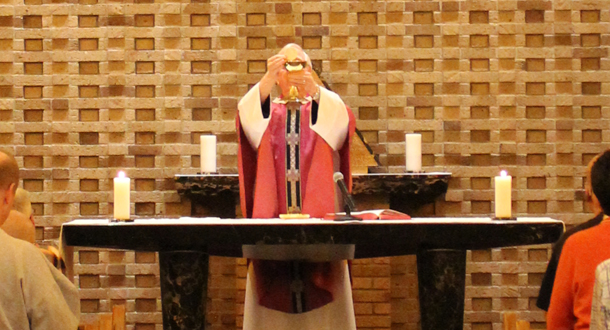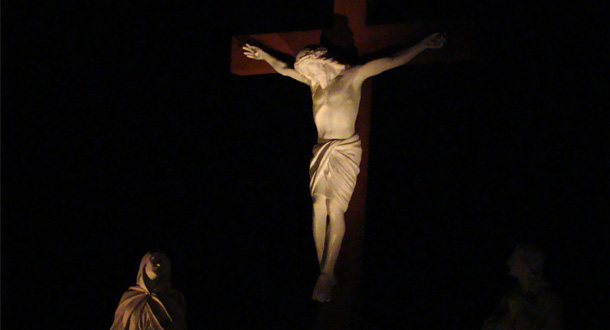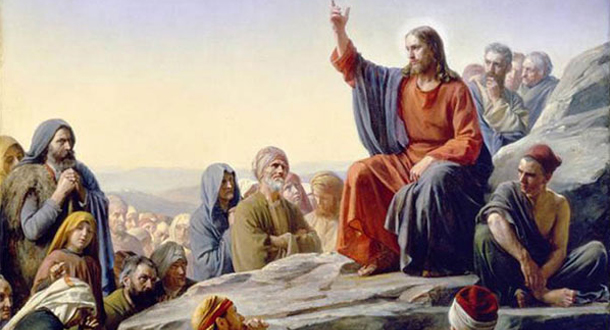
Scripture:
1 Corinthians 12:31-13:13
Luke 7:31-35
Reflection:
Brothers and sisters: Strive eagerly for the greatest spiritual gifts. ~1 Corinthians 12:31
It’s with these words, words that come from deep within Paul’s heart, words that almost seem to be a desperate plea to a people who Paul loves with a father’s love and looked upon them with pride and gratitude, that begins today’s first reading.
The faith community of Corinth was Paul’s first real success as the Apostle to the Gentiles. They were the dregs of society. You only need to read the first chapter of this letter to know that. There he says, “Consider your own calling, brothers. Not many of you were wise by human standards, not many were powerful, not many were of noble birth. Rather, God chose the foolish of the world to shame the wise, and God chose the weak of the world to shame the strong, and God chose the lowly and despised of the world, those who count for nothing, to reduce to nothing those who are something, so that no human being might boast before God.” (I Cor. 1:26 – 29)
Paul knows that the people he preached to and the people who responded to his Gospel message were ordinary people, and yes, even prostitutes and law-breakers, as he reminds them in Chapter 6. They were once a fervent faith community. But then they went astray. Now these people were knowingly living a double standard, lives of unlawful and sinful practices and yet practicing their faith as if their bad behavior did not matter. Maybe they thought that they are fooling God, but they were not. So, Paul reminds them of that very ancient truth: God sees not as humans see. Yet Paul holds out hope for the worst offenders, for he says in 5:6 that there is still hope that “his spirit may be saved on the Day of the Lord.” What a wonderful balance between a harsh critique of bad behavior and a loving, compassionate belief in a God of Mercy.
Is Paul talking to the people of his day or is Paul talking to the people of this day? Is he telling us as individuals and, especially as a community, “to strive eagerly for the greatest spiritual gifts?” Are we content with living in two worlds that are so different from one another, that we have become powerless? Have we become blind and deaf to the injustices of our society, to the cries of the suffering and the dying, and have we become paralyzed to a proper Christian response? I know that I sometimes feel that way.
It is with passages as we have for today’s Mass, that tells us to “strive eagerly for the greatest gifts” and Jesus’ question: “To what shall I compare the people of this generation? What are they like?” that call us back to faithful discipleship.
Jesus and Paul do not want us to be satisfied with what is. We are being asked to be a courageous people. They want us to strive to do better, to live better, to love better. How, then, are we to love better?
Just continue with the first reading for today’s Mass!
Fr. Clemente Barrón, C.P., is a member of Mater Dolorosa Community in Sierra Madre, California.







